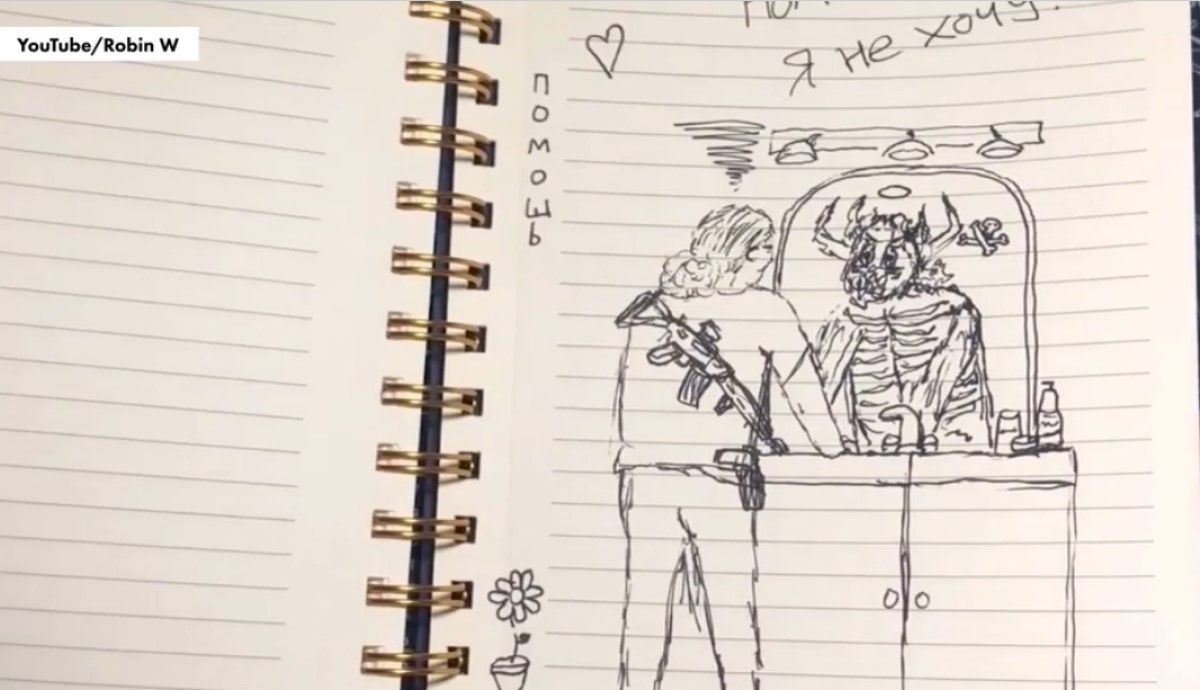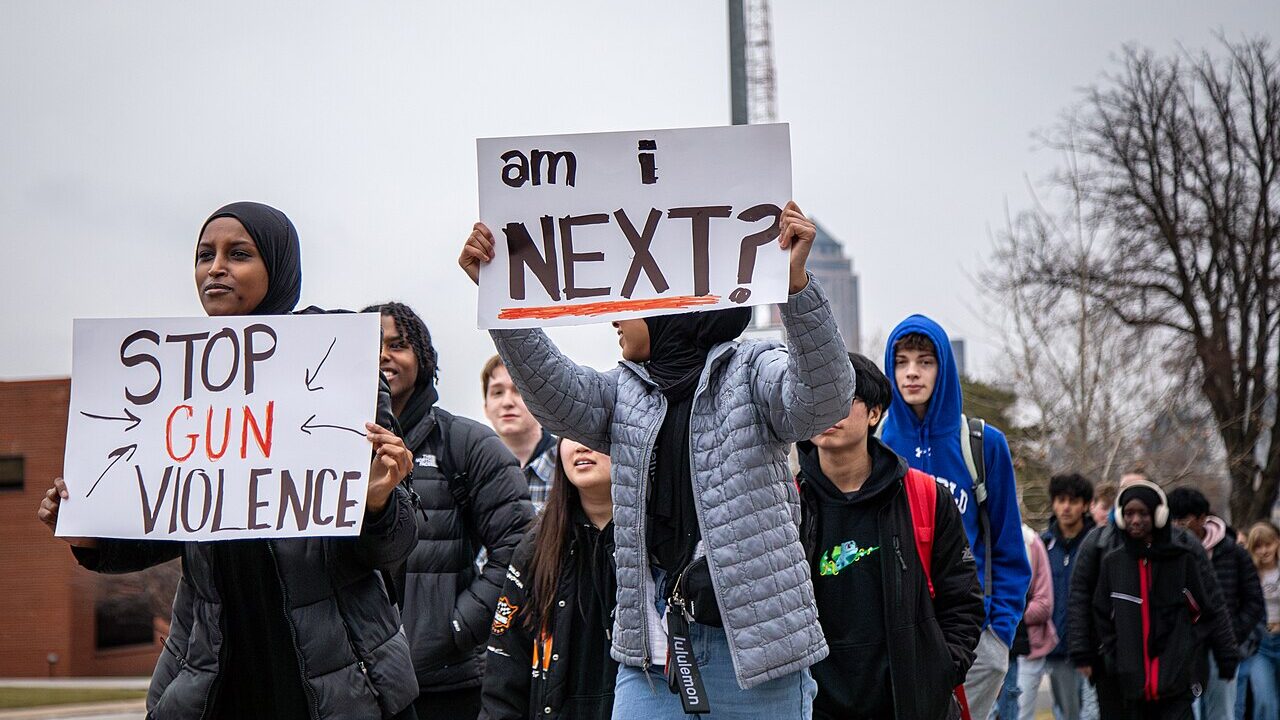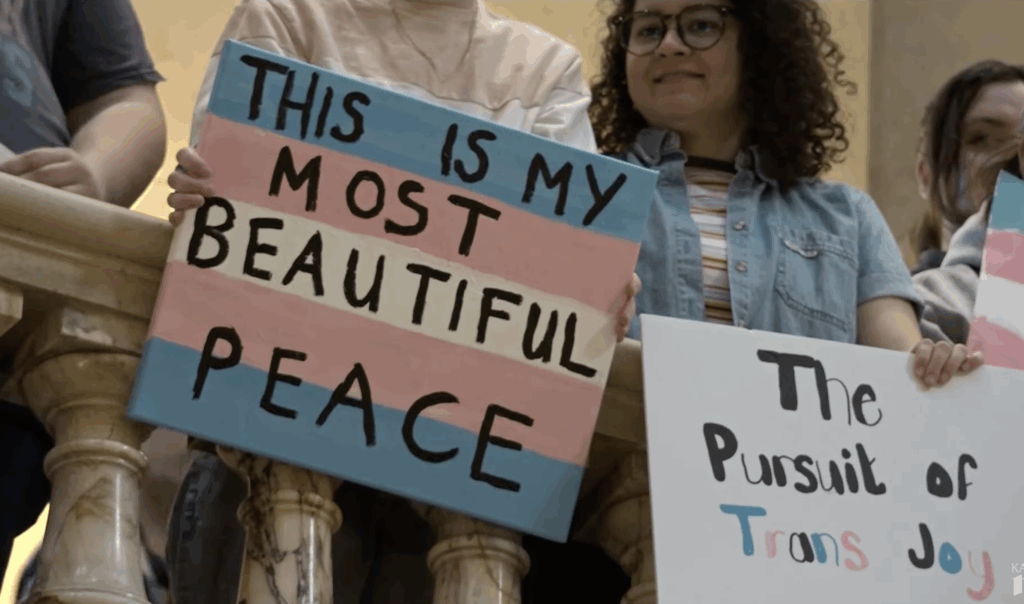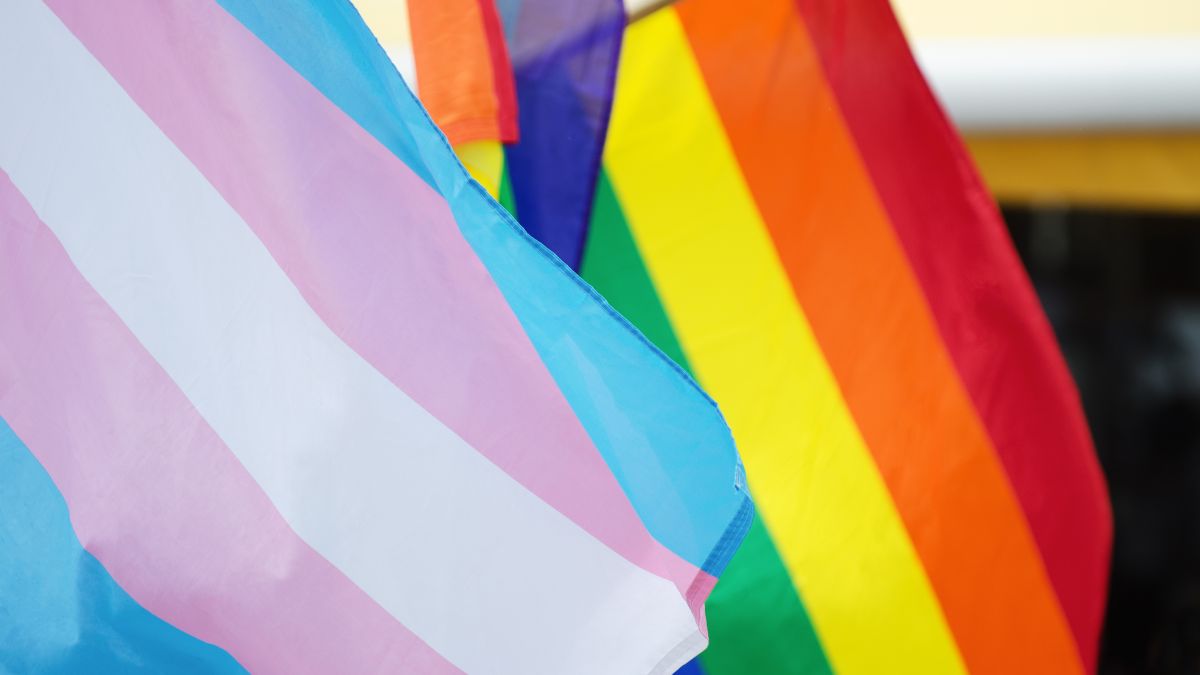A recent shooting at a Christian school in Minneapolis has reignited debates surrounding the intersection of politics, culture, and spirituality. The shooter, identified as Robin Westman, reportedly expressed troubling sentiments in a journal, including a drawing of himself with a Satanic figure. This incident has drawn attention to the broader implications of political rhetoric and its relationship with spiritual beliefs.
Excerpts from Westman’s journal, shared by the New York Post, reveal alarming thoughts, including a disturbing fascination with violence against children. The shooter’s arsenal reportedly included a magazine inscribed with the phrase, “Where is your God?” These revelations have prompted discussions about the connections between certain ideologies and violent actions.
In the aftermath of the shooting, some social media users celebrated the attack, framing it as a form of retribution against perceived injustices faced by the transgender community. Comments shared by journalist Andy Ngo highlighted a troubling trend among some individuals who appear to revel in the violence, suggesting a deeper cultural conflict.
Democratic leaders have also faced scrutiny for their responses. Florida Congressman Maxwell Frost criticized the notion of “thoughts and prayers” during an MSNBC interview shortly after the shooting, stating, “We’ve had it with the thoughts and prayers for years, for decades.” His comments, along with those of Minneapolis Mayor Jacob Frey, who dismissed the efficacy of prayer in the wake of such tragedies, have sparked backlash from various quarters.
Frey’s remarks included a statement that the children involved were “literally praying” at the time of the attack, suggesting a disconnect between the spiritual needs of the community and the political rhetoric being employed. His subsequent comments on MSNBC attempted to clarify his stance but still reflected a skepticism towards prayer as a solution.
The discourse surrounding this incident raises questions about the role of spirituality in public life and the implications of dismissing prayer in the face of tragedy. Critics argue that such dismissals can undermine the faith of those affected by violence and suggest a broader cultural shift away from traditional values.
As the nation grapples with the implications of this shooting, the intersection of political ideology and spiritual beliefs remains a contentious topic. The stark contrast between the shooter’s actions and the responses from political leaders highlights a growing divide in American society, where cultural and religious identities increasingly shape political affiliations.
In this context, some observers argue that the current political climate reflects a deeper spiritual struggle, with divisions becoming more pronounced. The rhetoric surrounding this incident serves as a reminder of the ongoing culture wars that continue to define American political discourse.
As the investigation into the shooting unfolds, the implications for both policy and cultural understanding will likely continue to be debated. The challenge remains for leaders and communities to navigate these complex issues while addressing the underlying spiritual and cultural tensions that contribute to such tragedies.
READ The Left Doesn't Care About Gun Violence -- Only Exploiting It



